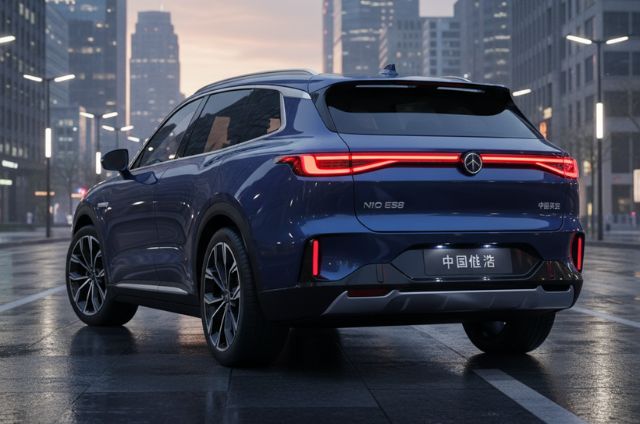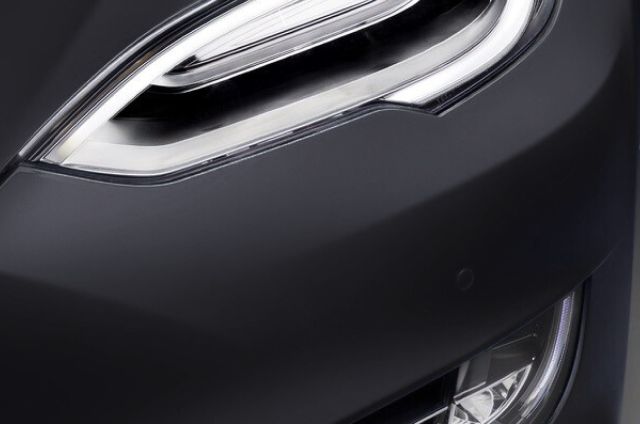A Market on Fire
China is the world’s largest EV market, producing global leaders like BYD and exporting nearly six million cars last year. But behind the headlines is a fierce price war that’s reshaping the industry. Dozens of startups have folded, while established brands fight for survival in an overcrowded market.
The story of Ji Yue, a joint venture backed by Baidu and Geely, illustrates the risks. Launched with fanfare in 2021, it quickly grew but collapsed within two years. It’s one of hundreds of names that rose and fell in the race for market share.
The Cost of Competition
Government subsidies fueled China’s EV explosion, helping create nearly 500 auto brands at its peak. Now, the crowded field means profits are slim and prices keep dropping. Margins have been cut in half since 2017, and suppliers are being pushed to sell parts below cost.
Analysts call it a “knock-out round.” Automakers slash prices, suppliers cut wages, and innovation takes a backseat. Some suppliers report lowering prices by over 40% just to stay in business.
Global Reach, Global Pushback
Even as brands battle at home, Chinese EV makers are expanding worldwide. BYD, Geely, Changan, and Chery now sell in Europe, Mexico, and Southeast Asia. Their rapid rise has triggered tariffs and restrictions abroad, as governments worry about oversupply flooding their markets.
Beijing’s Balancing Act
Chinese officials are trying to calm the storm. Recent policies encourage fairer pricing, faster supplier payments, and reduced subsidies. Yet experts say deeper reforms are needed. With 4.8 million auto jobs tied to the industry, cutting capacity too quickly could shake the economy.
The Road Ahead
Industry leaders believe consolidation is inevitable. Today, more than 150 Chinese auto brands remain, but many expect only a handful to survive. The EV boom isn’t slowing — it’s just entering its toughest round yet.



